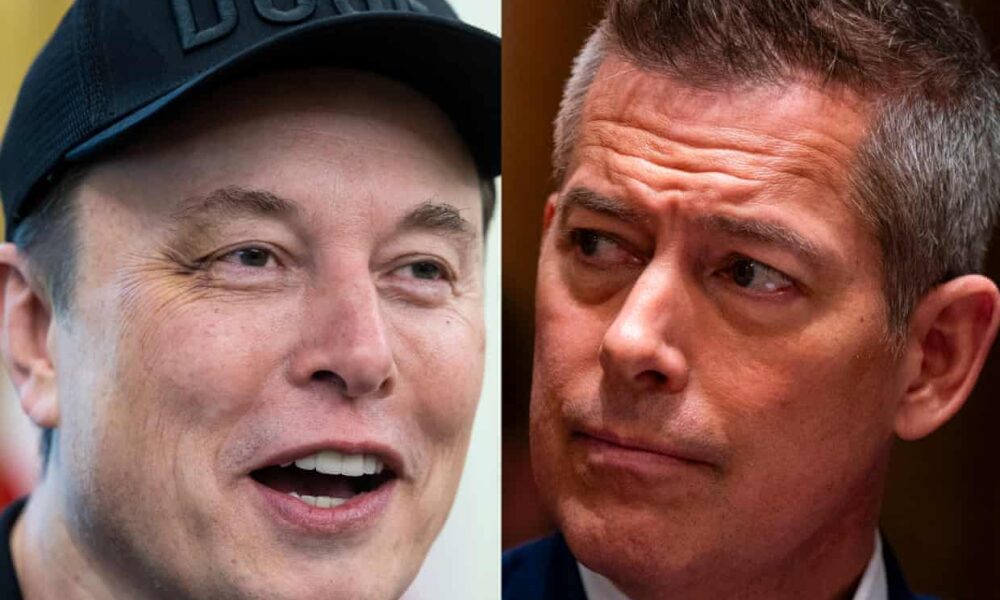Elon Musk has publicly criticized Sean Duffy, the United States Secretary of Transportation, in a series of posts on the social media platform X, formerly known as Twitter. Musk accused Duffy of attempting to “kill NASA” and suggested that he should be dismissed from his position. This exchange underscores a long-standing feud between the two, particularly given Duffy’s role as the acting head of NASA and Musk’s significant ties to the agency through his company, SpaceX.
The conflict escalated following Duffy’s statement that NASA would reopen contracts related to the Artemis mission, which aims to return humans to the Moon. Musk’s company previously secured a contract to develop the lunar lander for the Artemis 3 mission, worth $2.9 billion. Duffy pointed out that SpaceX had not met its deadlines, suggesting that NASA might consider awarding the contract to another company, specifically Blue Origin, founded by Jeff Bezos.
This public spat is part of a broader struggle over the future of space exploration in the United States and the leadership of NASA. The debate surrounding NASA’s leadership has reignited recently, with Jared Isaacman, a billionaire and ally of Musk, also in the running for the position. Earlier in the year, former President Donald Trump denied Isaacman the role, citing his political donations and labeling him a “blue-blooded Democrat.”
Duffy has advocated for NASA to be placed under the authority of the Transportation Department, a proposal that has drawn criticism from Musk. In his posts, Musk stated, “The person responsible for America’s space program can’t have a 2 digit IQ,” and referred to Duffy as “Sean Dummy.” He further questioned Duffy’s qualifications by referencing his past as a lumberjack speed-climber, asking, “Should someone whose biggest claim to fame is climbing trees be running America’s space program?”
SpaceX has benefited greatly from NASA’s partnership, receiving billions in funding that have propelled its growth. The Artemis program, which dates back to Trump’s first term, aims to establish a permanent human presence on the Moon by 2028, with aspirations to reach Mars. Originally, NASA set a target of landing on the Moon’s south pole by 2024, but delays have pushed the timeline back, with the next lunar mission now scheduled for no earlier than 2026.
As this public feud continues, it highlights the intense competition and differing visions for the future of space exploration in the United States. The outcome of these conflicts could have significant implications for NASA’s direction and the role of private companies in shaping the future of space travel.







